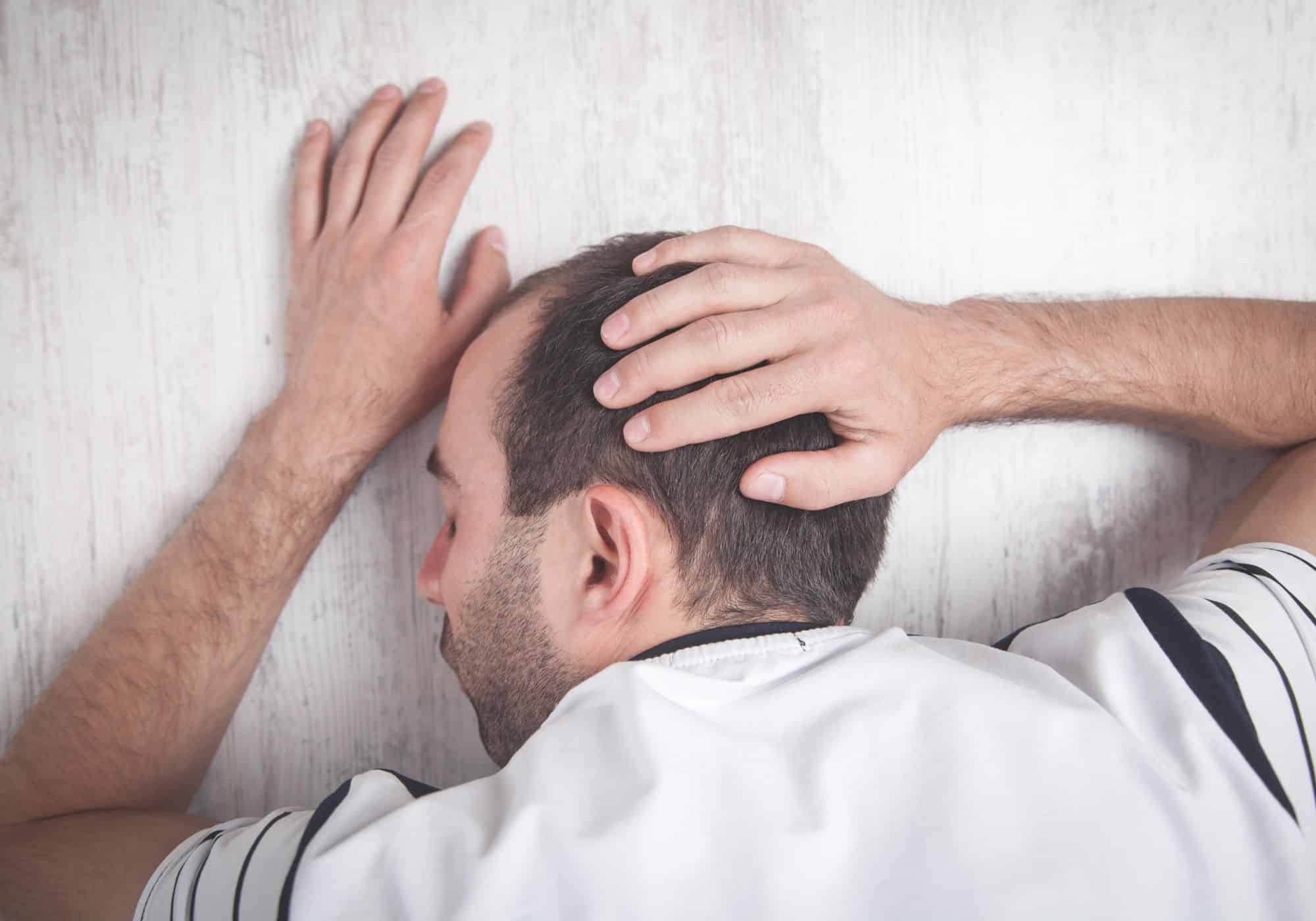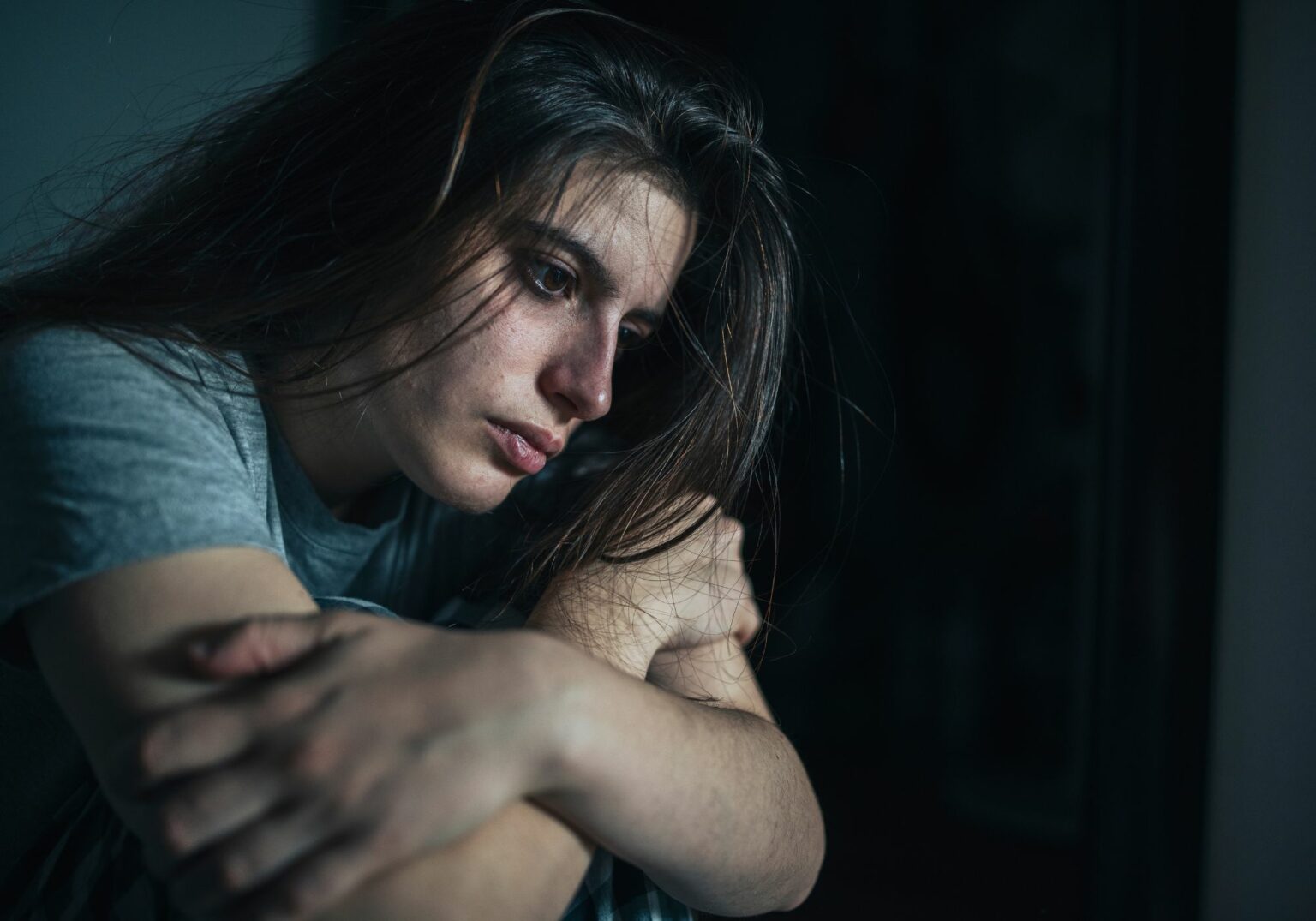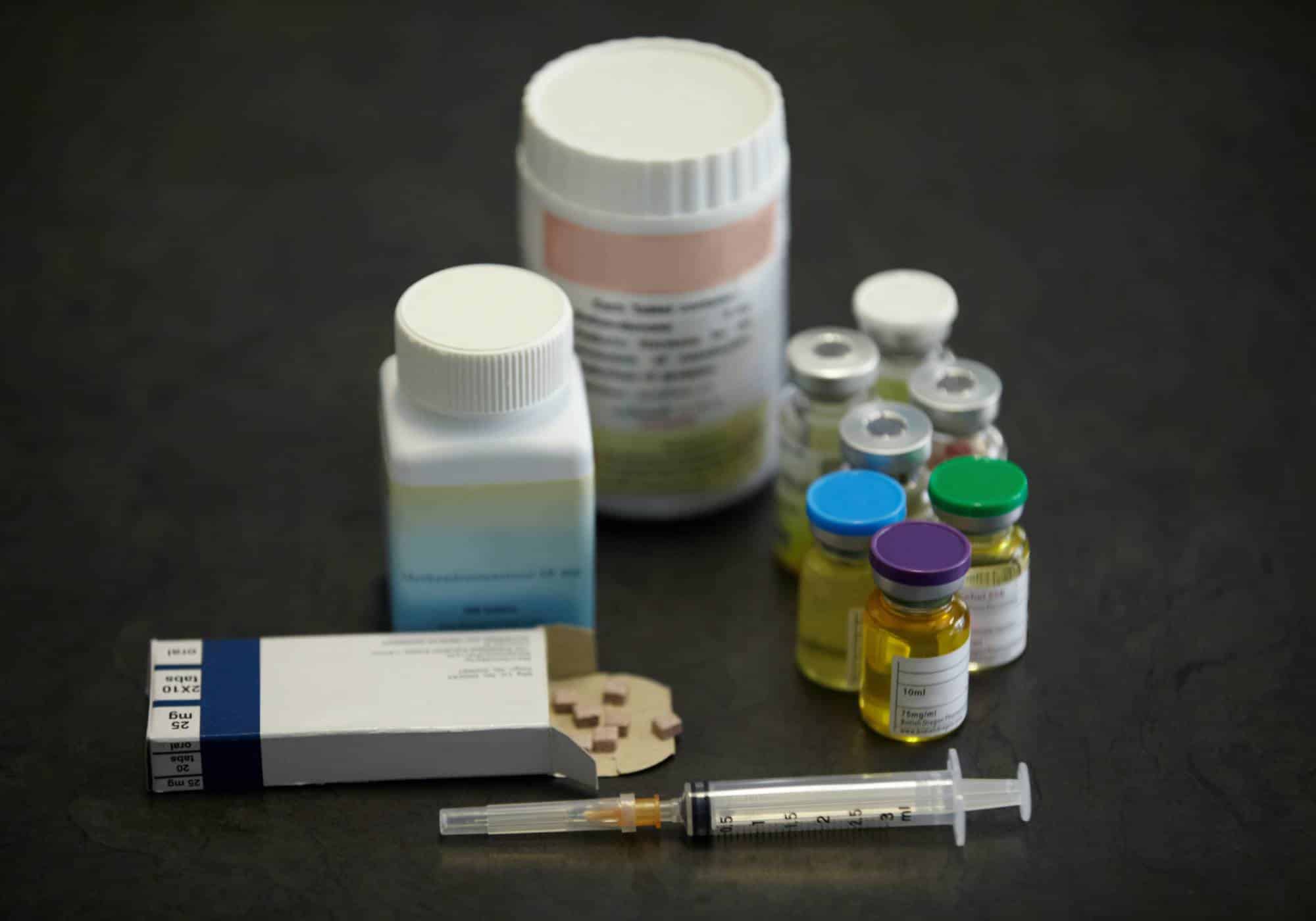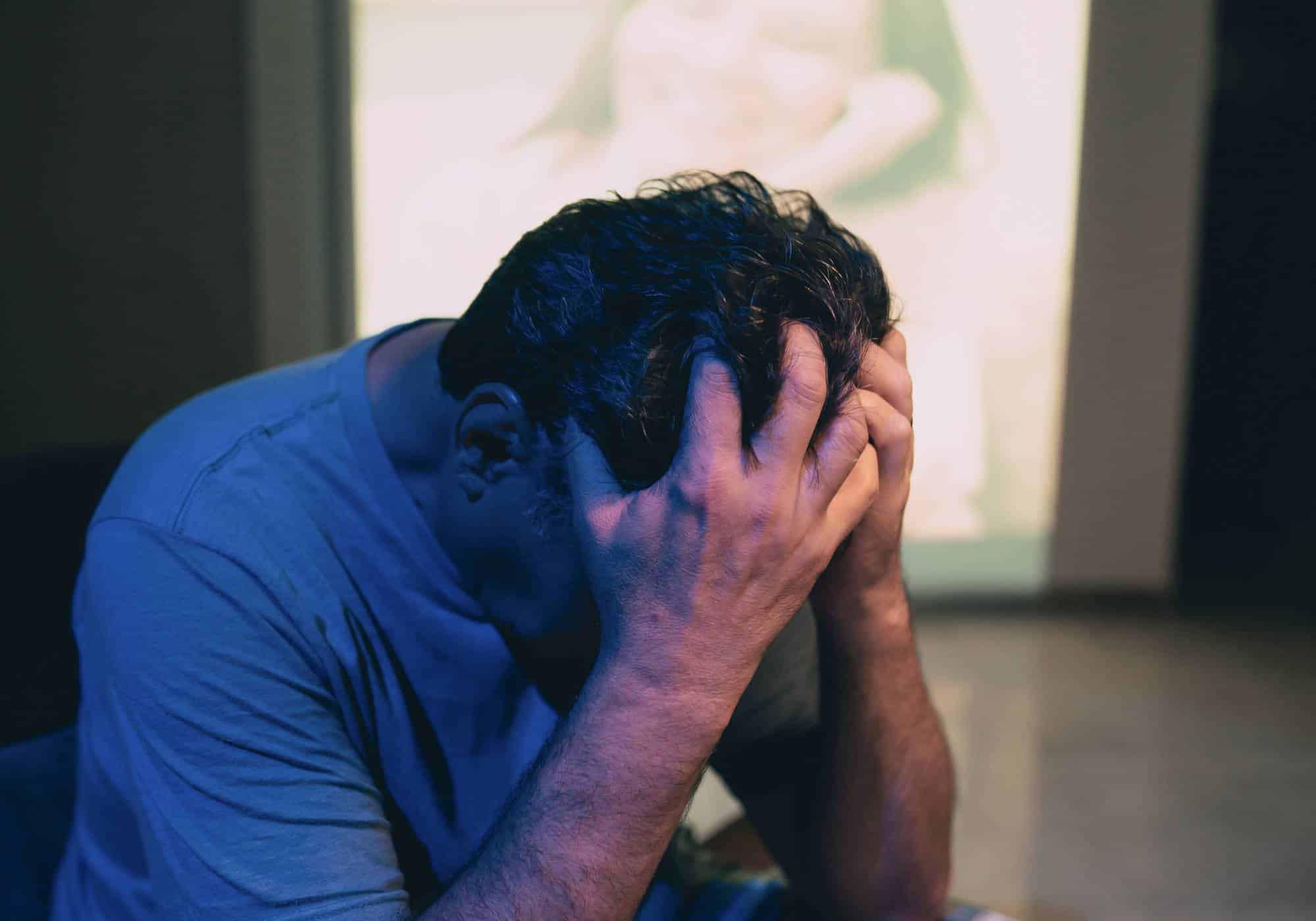Can You Overdose on Benzos?
Yes, you can overdose on benzos. It’s important to be aware that overdosing on benzodiazepines, commonly known as benzos, is a real and increasing danger. Recent statistics paint a concerning picture: between 2019 and 2020, there was a significant rise of 42.9% in benzodiazepine-related overdose deaths. This alarming trend includes a staggering 519.6% increase in overdoses from illicit benzos and a 21.8% increase in overdoses involving prescription benzodiazepines.
These figures highlight the critical need for awareness and caution when it comes to benzodiazepine use, whether prescribed or obtained illicitly. Understanding the risks associated with these drugs is essential for both users and healthcare providers to prevent the tragic consequences of overdose.
Causes of Benzodiazepine Overdose
Benzodiazepines, known for their potential to be addictive, pose a significant risk. Users often develop a tolerance to these drugs quickly, leading them to increase their dosage beyond safe levels, which can result in an overdose. In some cases, individuals might combine benzodiazepines with other substances to enhance the effects, unknowingly heightening the risk of overdose.
Particularly concerning is the situation of those who have previously been dependent on benzodiazepines. If they relapse after a period of not using the drug, they might resume taking the same amount they used to, not realizing their tolerance has decreased. This can lead to unintentional overdoses.
It’s also crucial to acknowledge that while many benzodiazepine overdoses happen by accident, some are intentional, often linked to suicide attempts. Understanding these risks is vital for anyone using benzodiazepines, whether for medical reasons or otherwise. Awareness and careful management are key to preventing overdoses and ensuring the safe use of these medications.
What are Benzodiazepines?
Benzodiazepines, commonly referred to as benzos, are a class of medications known for their central nervous system (CNS) depressant properties. These drugs, also categorized as sedative-hypnotics, are widely prescribed for their effectiveness in calming an overactive nervous system. Among the most frequently prescribed benzodiazepines are Ativan (lorazepam), Valium (diazepam), Xanax (alprazolam), and Klonopin (clonazepam). Each of these medications works in a slightly different way, but their primary function is to induce relaxation and reduce nervous system activity.
In the United States alone, over 92 million benzodiazepine prescriptions are dispensed annually. Despite their medical benefits, it’s important to note that benzos are often misused. Some individuals use them non-medically to experience a high, enhance the euphoric effects of other substances like opioids or alcohol, or to alleviate withdrawal symptoms from drugs like cocaine, which can include irritability and agitation.
This dual nature of benzodiazepines—as valuable medical treatments and potential substances of misuse—highlights the importance of understanding their use, effects, and risks. Whether used for therapeutic purposes or otherwise, it’s crucial to approach benzodiazepine use with informed caution.

Signs of Benzodiazepine Overdose
Benzodiazepine overdose can manifest in various ways, and the symptoms can differ significantly from one individual to another. In some cases, the signs of a benzo overdose may appear as intensified effects of the drug, while in others, they might present in less typical ways.
Common Symptoms Resembling Intense Benzo Effects:
- Extreme Lethargy: An overwhelming sense of tiredness and lack of energy.
- Unconsciousness or Difficulty Being Aroused: The person may be unresponsive or hard to wake up.
- Confusion: Disorientation and difficulty understanding what’s happening around them.
- Dizziness: A feeling of unsteadiness or lightheadedness.
- Poor Coordination or Shakiness: Difficulty with motor skills and unsteady movements.
Atypical Reactions Indicating a Benzo Overdose:
- Agitation: Unusual restlessness or irritability.
- High Anxiety: Intense feelings of worry or fear.
- Excitability: Unusually hyperactive behavior.
- Hallucinations: Seeing or hearing things that aren’t there.
- Dramatic Mood Changes: Sudden and severe shifts in mood or emotional state.
Physical Signs of a Benzo Overdose:
- Nystagmus: Rapid, uncontrolled side-to-side eye movements.
- Blurry Vision: Difficulty focusing or unclear vision.
- Slurred Speech: Impaired speech, making it hard to understand what the person is saying.
- Weak Pulse or Low Blood Pressure: Indications of a weakened cardiovascular system.
- Irregular or Shallow Breathing: Breathing that is not normal in rhythm or depth.
It’s crucial to recognize these signs promptly as a benzodiazepine overdose can be life-threatening. If you suspect someone is experiencing a benzo overdose, seek immediate medical attention. Understanding and identifying these symptoms can be a vital step in ensuring timely and effective intervention.
What are the Dangers of a Benzo Overdose?
A benzodiazepine overdose is a serious medical emergency with potentially fatal consequences. It’s crucial to understand the dangers associated with such an overdose to recognize and respond to them effectively.
Key Risks of a Benzo Overdose:
- Lethargy and Unconsciousness: This state poses multiple risks. An unconscious person might choke on vomit, fail to respond to painful stimuli, or not wake up if their breathing becomes impaired.
- Irregular Breathing: A benzo overdose can significantly reduce oxygen levels, leading to critical consequences like organ failure or brain damage.
- Poor Coordination: This can result in difficulty walking or maintaining balance, increasing the risk of falls and injuries.
- Agitation and Confusion: These symptoms can escalate to aggressive behavior, potentially causing harm to oneself or others.
While these risks are alarming, it’s important to note that the likelihood of a fatal outcome is generally lower when the overdose involves only benzos. However, the danger increases significantly when benzodiazepines are combined with other substances, especially opioids.
Over 90% of benzo overdose deaths involve the concurrent use of opioids. Both benzos and opioids have sedative effects and can slow down breathing. When taken together, they amplify each other’s effects, dramatically increasing the risk of respiratory failure. This is why healthcare providers strongly advise against using opioids and benzos together.
Awareness of these risks is vital. Understanding the dangers of benzodiazepine overdose, especially when combined with other substances like opioids, is crucial for prevention and ensuring safety. If you suspect someone is experiencing a benzo overdose, immediate medical attention is essential.
What To Do in the Event of a Benzo Overdose
In the event of a suspected benzodiazepine (benzo) overdose, prompt action is crucial. Here’s what you need to do:
Call 911 Immediately
As soon as you suspect an overdose, dial 911. Provide the operator with as much information as possible, including:
- The person’s age and weight: This helps in estimating the severity of the overdose.
- Details of the substance taken: Specify the type of benzodiazepine, if known.
- Method and amount of consumption: Inform them how and how much of the drug was taken.
- Prescription information: Let them know if the person has a prescription for the medication.
- Medical and mental health history: Any existing health conditions can be crucial in treatment.
While Waiting for Emergency Services:
- Keep the Person Calm and Awake: If possible, try to keep the individual conscious and calm.
- Use the Recovery Position: If they are lying down, gently place them in the recovery position (on their side, in a fetal position, with their head turned to the side). This helps keep the airway clear.
When Help Arrives:
- Provide Detailed Information: Share how long the person has been in their current state, whether they lost consciousness, and any other observations about their condition and symptoms.
- Every Detail Counts: Even seemingly minor details can be crucial in treatment.
Treatment for Benzo Overdose:
- Flumazenil: This is a medication often used to reverse a benzo overdose. However, it can cause seizures, especially in individuals with a history of seizures or long-term benzodiazepine use.
- Supportive Care: Sometimes, the best approach is supportive medical care, allowing the drug to naturally process out of the body.
Remember, a benzodiazepine overdose can often be reversed with prompt medical intervention. Never hesitate to call for emergency help, as quick action can be life-saving.
Can Any Type of Benzodiazepine Cause an Overdose?
It’s important to know that any type of benzodiazepine (benzo) can potentially lead to an overdose. However, not all benzos are created equal in terms of their potency, speed of action, duration of effects, and overdose risk.
Variations Among Benzodiazepines:
- Differing Potency and Duration: Some benzodiazepines produce intense effects that are short-lived, while others are milder and last longer.
- Valium (Diazepam) Overdoses: Approximately 40% of benzo overdoses involve Valium. Despite this high number, diazepam is not necessarily the most dangerous in terms of overdose risk.
The Higher Risk of Xanax (Alprazolam):
- Increased Danger: Research indicates that Xanax poses a higher overdose risk compared to other benzos. Over 20% of Xanax overdose cases require intensive care unit (ICU) treatment, which is double the rate for other benzodiazepines.
- Severe Overdose Consequences: People overdosing on Xanax are more likely to need mechanical ventilation (breathing support), receive flumazenil (a medication used to reverse benzodiazepine overdose), and experience coma.
These findings underscore the importance of being particularly cautious with Xanax use. While all benzodiazepines carry an overdose risk, the severity and required level of medical intervention can vary significantly among different types. Awareness and understanding of these differences are key in preventing and effectively responding to benzodiazepine overdoses.
What are the Signs of Dangerous Benzodiazepine Use?
While benzodiazepines are effective in managing anxiety and improving quality of life for many, it’s crucial to use them responsibly. When taken as prescribed, the risk of harm is much lower. However, due to their addictive potential, it’s important to be vigilant for signs of misuse.
Indicators of Dangerous Benzodiazepine Use:
- Exceeding Prescribed Dosage: Taking the medication more frequently or in higher doses than recommended.
- Doctor Shopping: Attempting to obtain prescriptions from multiple healthcare providers.
- Using Someone Else’s Prescription: Consuming benzodiazepines that are not prescribed to you.
- Altering the Medication: Crushing pills for snorting, which is a sign of misuse.
- Combining with Other Substances: Mixing benzodiazepines with alcohol or other drugs to intensify effects.
- Behavioral Changes: Frequently appearing sleepy, forgetful, or intoxicated.
- Impact on Daily Life: Struggling with everyday responsibilities at home or work due to medication use.
As benzodiazepine use continues, the risk of misuse and addiction can increase. It’s important to observe if the medication is genuinely beneficial or if it’s becoming a harmful habit.
What to Do:
- Monitor for Addiction Signs: Be aware of the symptoms of addiction.
- Open Communication: Find effective ways to talk to your loved one about their medication use.
- Seek Help: Remember, it’s never too early or too late to offer support to someone struggling with medication misuse.
Awareness and early intervention can make a significant difference in preventing benzodiazepine misuse and addressing addiction. If you notice these warning signs, consider reaching out to a healthcare professional for guidance and support.

Benzo Overdose Treatment at Hope Harbor Wellness
Located in the serene suburbs of Atlanta, Hope Harbor Wellness is your ally in the fight against benzo addiction in Atlanta. Our drug rehab centers, dedicated to holistic recovery, are ideally situated to offer you the support you need.
Our compassionate outpatient program collaborates with top-tier medical bezno detox facilities, ensuring a safe and effective detox process. Once free from addictive substances, you can seamlessly transition into one of our specialized outpatient treatment programs at Hope Harbor Wellness, designed to address substance use disorders:
- Outpatient Rehab: A flexible program tailored to fit into your daily life.
- PHP (Partial Hospitalization Program): Offers a structured yet non-residential approach to treatment.
- IOP (Intensive Outpatient Program): Provides more intensive care while allowing you to maintain daily responsibilities.
- Dual Diagnosis Treatment Program: Caters to those with co-occurring mental health disorders.
Our treatment programs incorporate a variety of interventions:
- MAT (Medication-Assisted Treatment): Utilizes medications to ease withdrawal symptoms and cravings.
- Psychotherapy: Addresses underlying psychological aspects of addiction.
- Group Therapy: Offers peer support and shared learning experiences.
- Individual Counseling: Provides personalized guidance and support.
- Family Therapy: Helps heal and strengthen family relationships.
- Holistic Therapies: Focuses on overall well-being, including physical, emotional, and spiritual health.
- Aftercare: Ensures ongoing support post-treatment.
Embark on your journey from addiction to recovery with Hope Harbor Wellness. Trust in our dedicated team to guide you every step of the way. For more information or to start your journey, call our admissions team at 678-605-9725.












